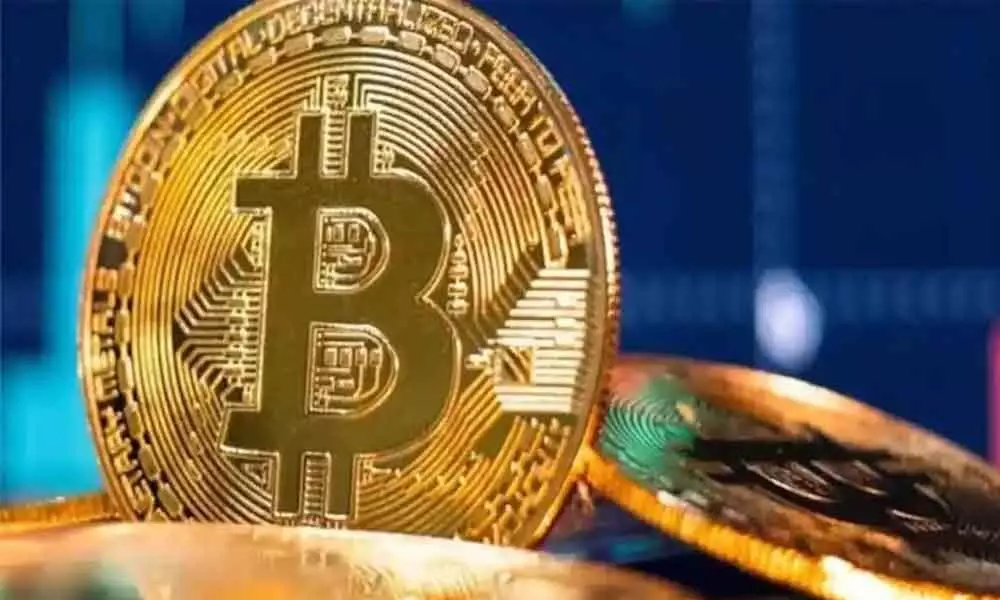Government may not introduce Cryptocurrency Bill in the Winter Session of Parliament

Representational Image
The Cryptocurrency and Regulation of Official Digital Currency Bill, 2021, which was listed for introduction in the Parliament's winter session by the government, might not be tabled in the ongoing session that concludes on December 23, 2021.
The Cryptocurrency and Regulation of Official Digital Currency Bill, 2021, which was listed for introduction in the Parliament's winter session by the government, might not be tabled in the ongoing session that concludes on December 23, 2021.
The Cryptocurrency and Regulation of Official Digital Currency Bill seek to "create a facilitative framework for the creation of the official digital currency to be issued by the Reserve Bank of India." The Bill also seeks to prohibit all private cryptocurrencies in India, however, it allows for certain exceptions to promote the underlying technology of cryptocurrency and its uses.
The Cryptocurrency Bill is one of 26 bills that was scheduled to be introduced during the session that began on November 29, 2021
On Monday, the government said a bill on the Cryptocurrency and Regulation of Official Digital Currency is under finalization for consideration of the Cabinet. In a written reply in Lok Sabha, the Minister of State for Finance Pankaj Chaudhary however said, currently, cryptocurrencies are unregulated in the country.
The government, reportedly, is also planning to rename the bill to widen its scope to crypto assets, which includes non-fungible tokens, or NFTs as they are better known. The government has started talking about the crypto bill after digital currencies became popular in India. Some reports say more than two crore Indians have invested in these currencies even though they operate in a grey area.
Earlier in 2019, the Government had plans to bring a bill seeking a blanket ban on cryptocurrencies. The Banning of Cryptocurrency & Regulation of Official Digital Currency Bill, 2019' read that no one should mine, generate, hold, sell, deal in, issue, transfer, dispose of or use cryptocurrency. Under the draft Bill, mining, holding, selling, issuing, transferring or use of cryptocurrency is punishable with a fine or imprisonment of up to 10 years, or both. But several things have changed in 2021 as it seeks to create a facilitative framework for the creation of the official digital currency to be issued by the Reserve Bank of India. It was first listed to be introduced during the budget session but was deferred for wider consultations and to rework.
Prime Minister Narendra Modi on Friday at the Summit for Democracy hosted by US President Joe Biden called for a united effort to shape global norms for social media as well as cryptocurrencies to ensure they are used to empower democracy and not to undermine it.
Besides, Reserve Bank of India (RBI) Governor Shaktikanta Das had earlier called for a deeper discussion on the issue of Cryptocurrencies. Speaking at State Bank of India's Economics Conclave on November 16, 2021, Mr. Das said that RBI sees serious concerns for Cryptocurrencies from the point of view of macroeconomic and financial stability, and there are far deeper issues involved hence much more well-informed discussions are needed on the issue.
The RBI governor doubted the current trading numbers in cryptocurrencies and said the investors are being lured to open accounts by offering credit.














